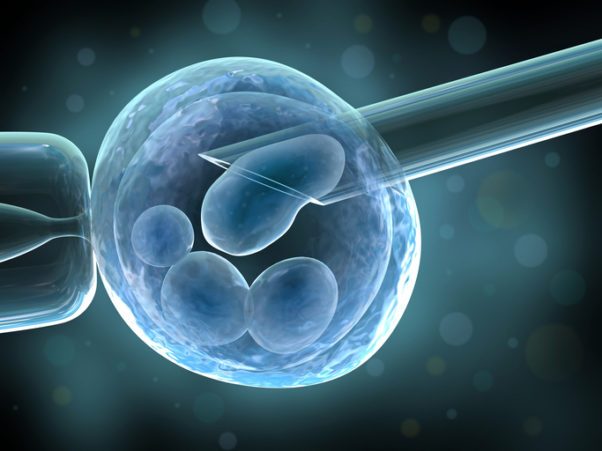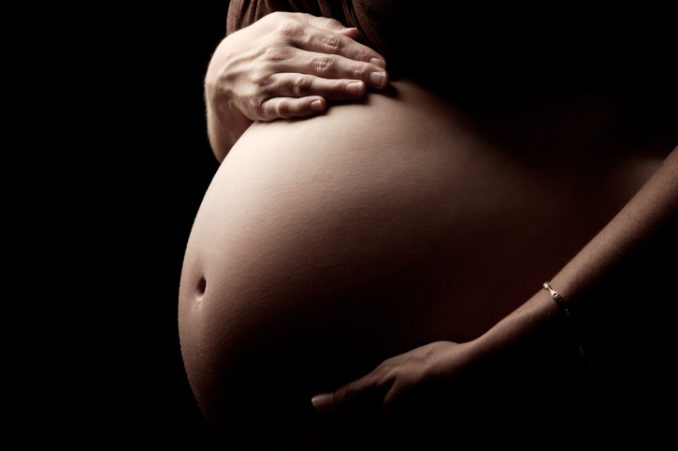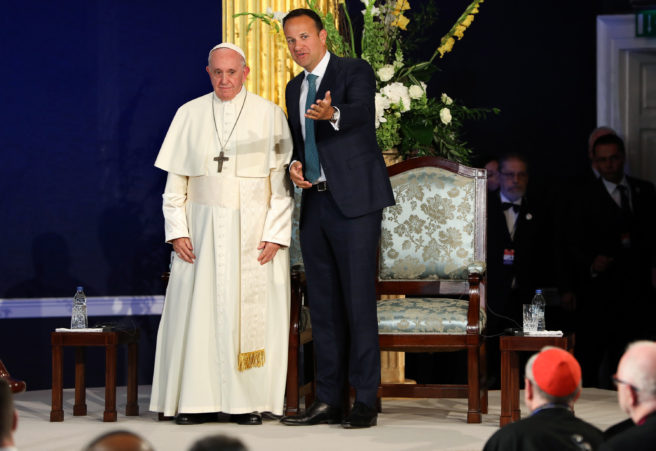
During the referendum campaign we were told, correctly, that the vote was not on the proposed legislation but only on the removal of the pro-life amendment. Among those telling us this was no less a person that the head of the Referendum Commission, Justice Isobel Kennedy.
So, in theory, the abortion legislation proposed by Minister Simon Harris before the referendum can be changed because we did not vote for that. But what we are seeing in practice is that any attempt to discuss the details of the future law is immediately shot down on the grounds that we had, in practice, voted for the proposed Bill.
On the other hand, the Government itself, having said we voted for the Bill on May 25th and that not a line of it can be changed, has, in fact, changed a number of key aspects of it.
For example, the second version of the General Scheme, presented by Minister Harris after the referendum, has a new definition of viability, which extends the time limit of abortion, a new definition of fatal abnormality, which extends the expected fatality of the condition from birth to a month after birth, and also a new definition of conscientious objection, which limits its scope rather than expanding it. Furthermore, Simon Harris wants to introduce new features such as the ban of vigils or protests outside abortion venues.
(Find a more detailed account here: https://ionainstitute.ie/latest-version-of-planned-abortion-law-even-worse-than-the-first-version/)
It is also significant that those who are now requesting an even more liberal law are contradicting what they themselves said during the referendum campaign.
For example, speaking at the Oireachtas Joint Committee on Health last week, Dr Peter Boylan maintained, “it is unnecessary and demeaning to women to suggest that they have to wait three days to make their minds up.”
But during the referendum campaign Dr Boylan spoke about the 72 hour period in positive terms.
In this video, for instance, he explains that there is pause period in other countries in Europe and “that allows a woman to fully understand the implications of what she is doing”. He claimed that when Irish women go to the UK, they are already committed but the 72 hour pause period will allow the woman to meet her doctor and discuss the full implications of what she has decided to do, and then “to go and think about it”.
On another occasion he said that the reflection period had to be welcomed. (See here)
Why does he now think this is “demeaning”?
Even the Together for Yes website had no objection to this proposal at the time. “There will be 72-hour mandatory waiting period, to give the woman time to consider her options and ensure this is the right decision.”
Pro-choice campaigners and politicians can’t have it both ways, saying that with their vote the people approved the proposed law in detail and, at the same time, trying to change it in a more liberal direction, often contradicting their own words.





